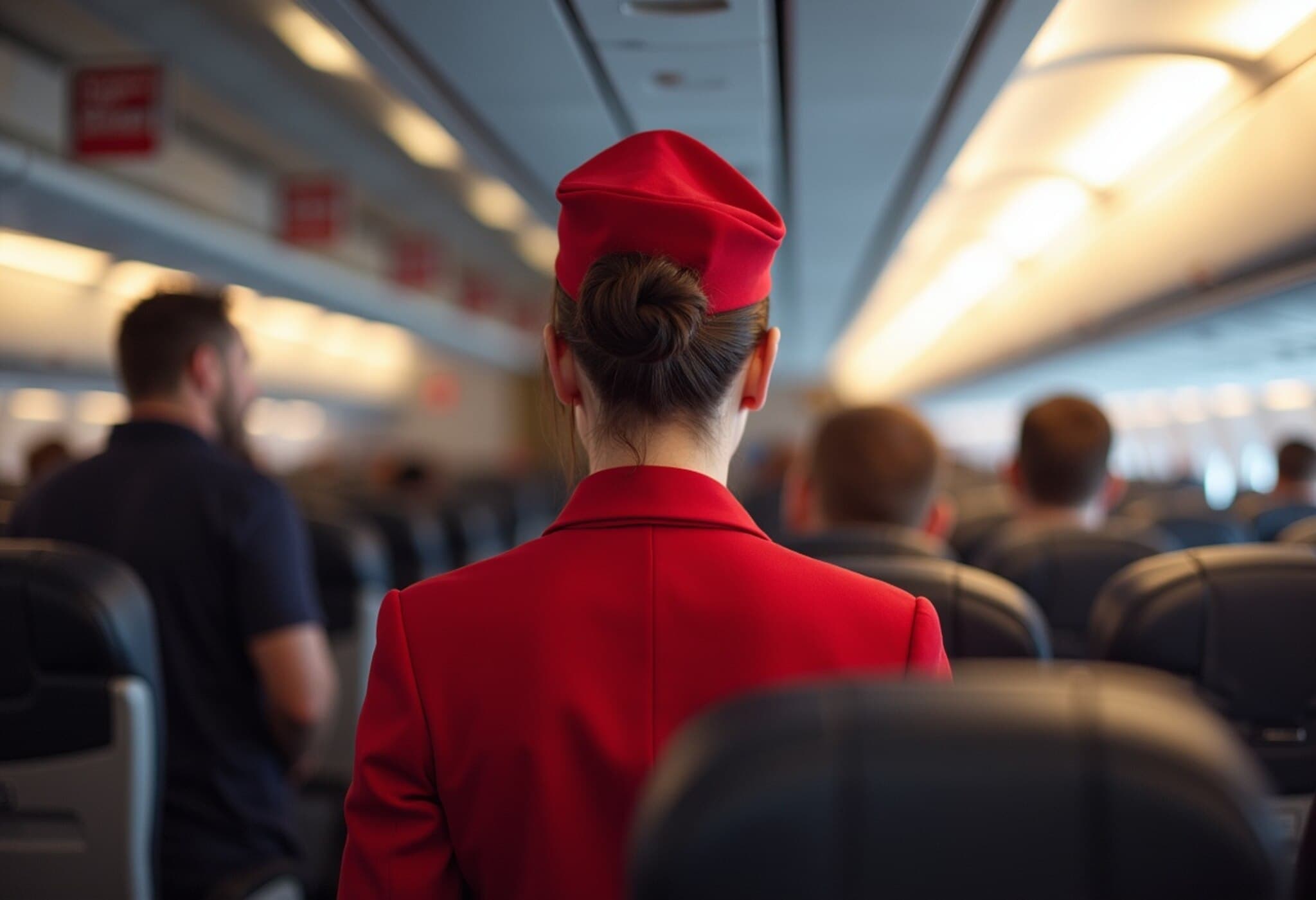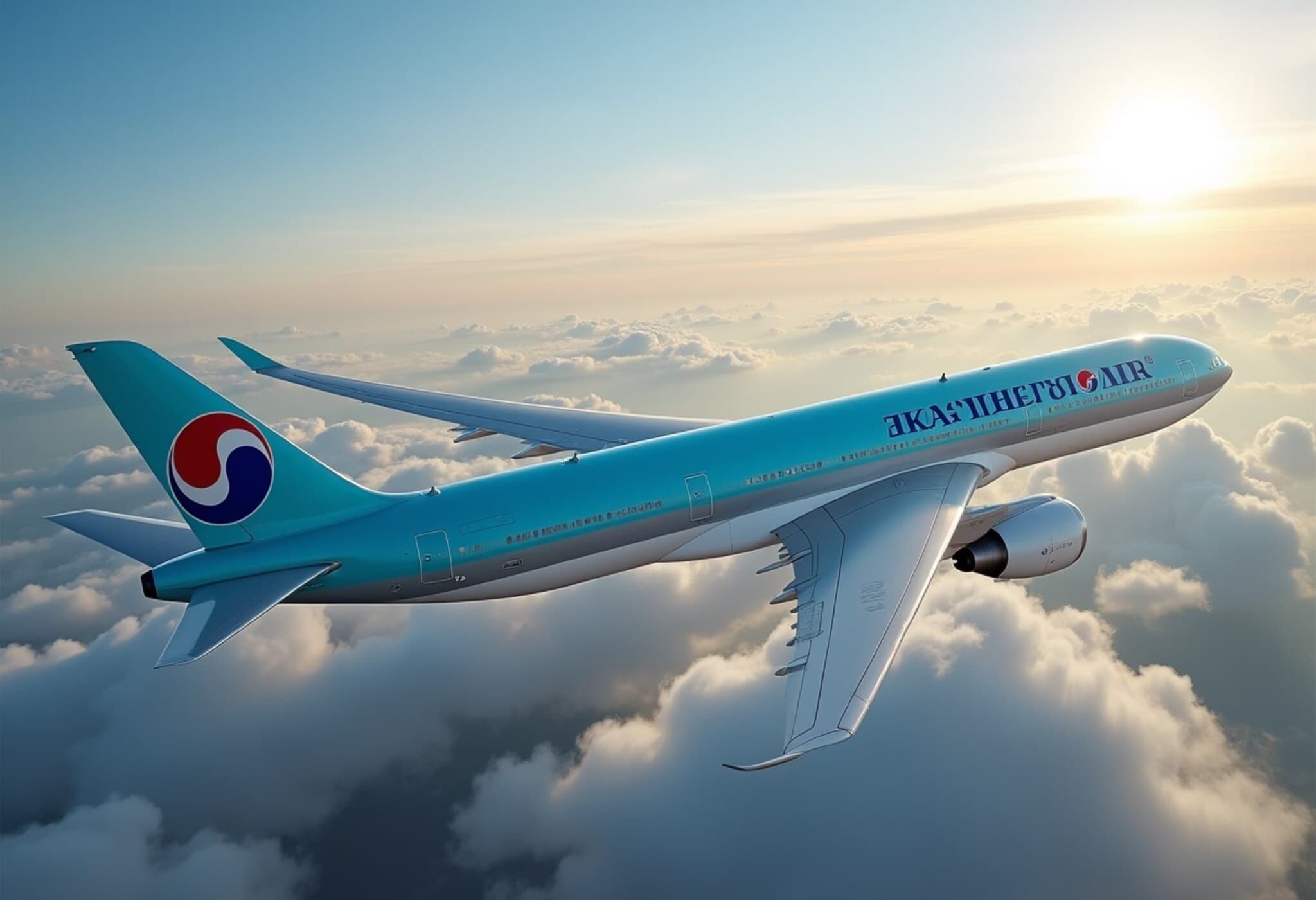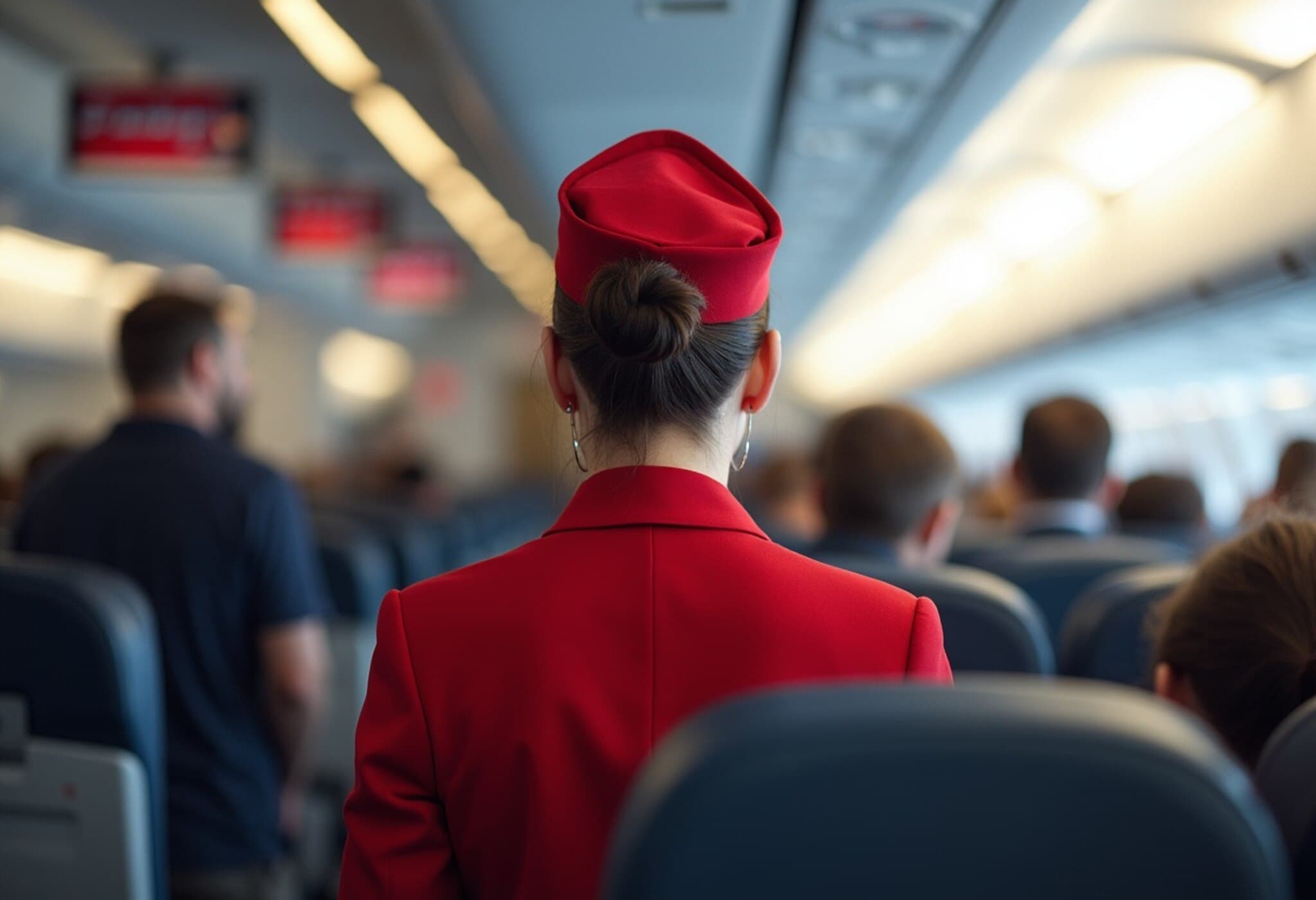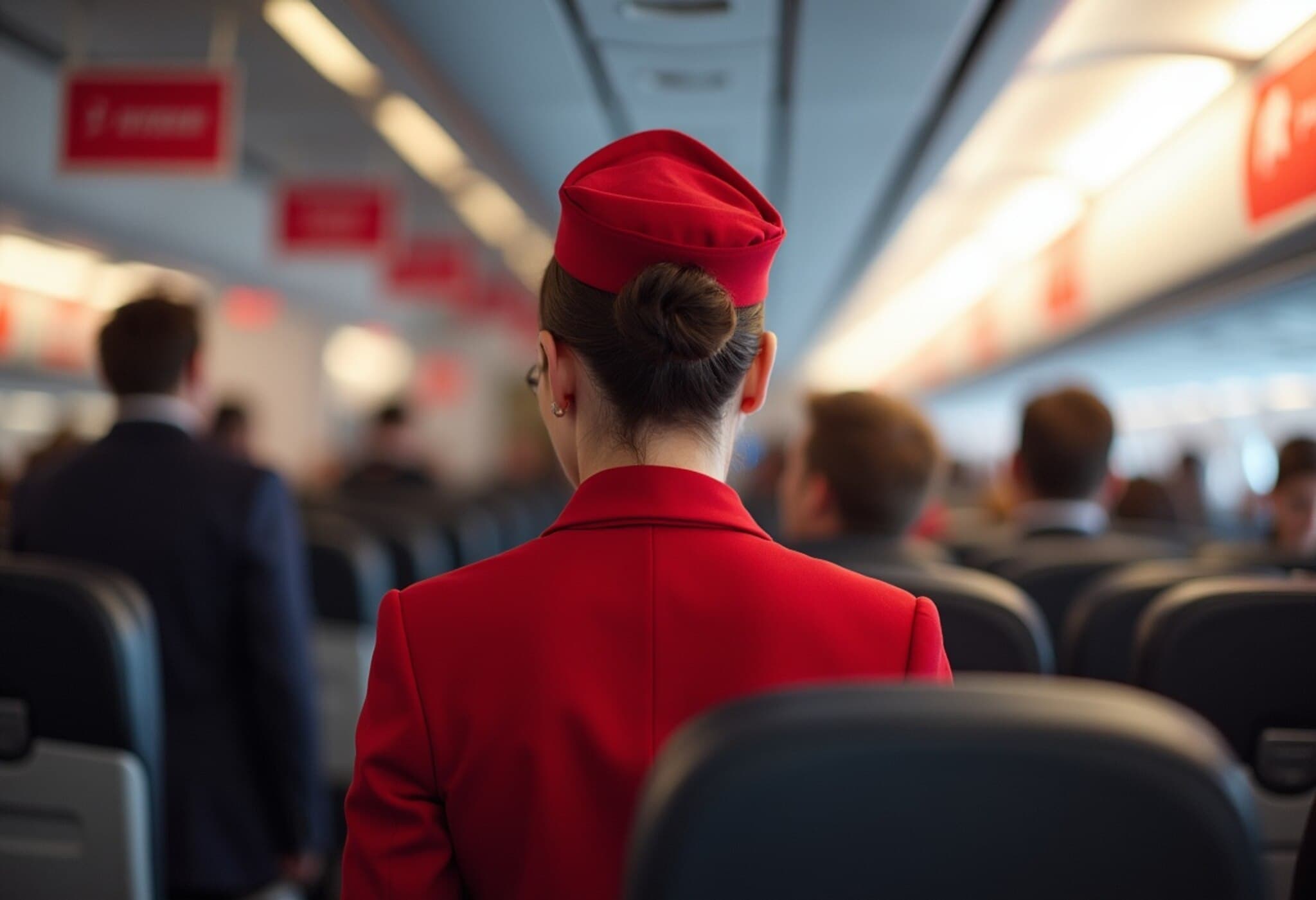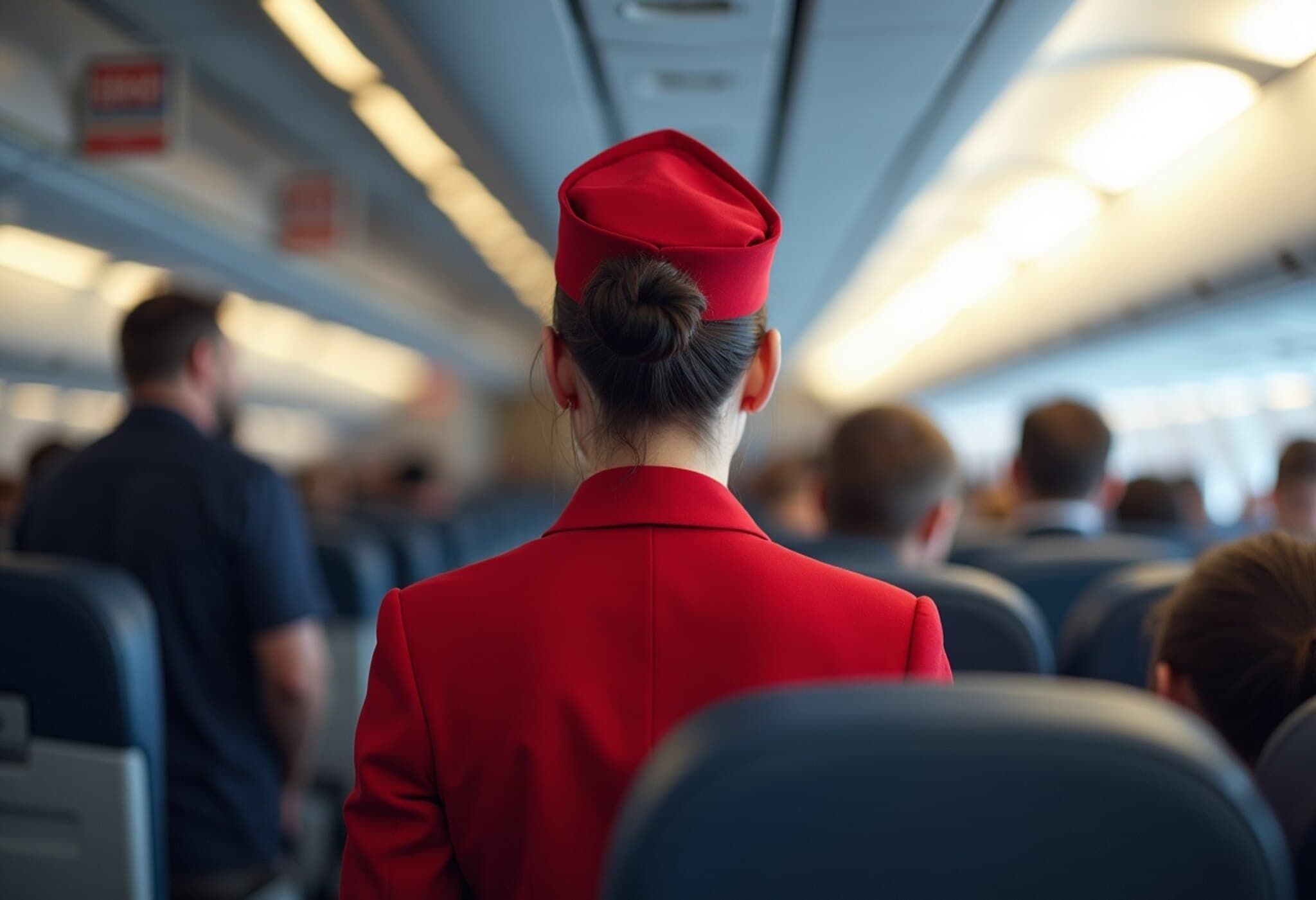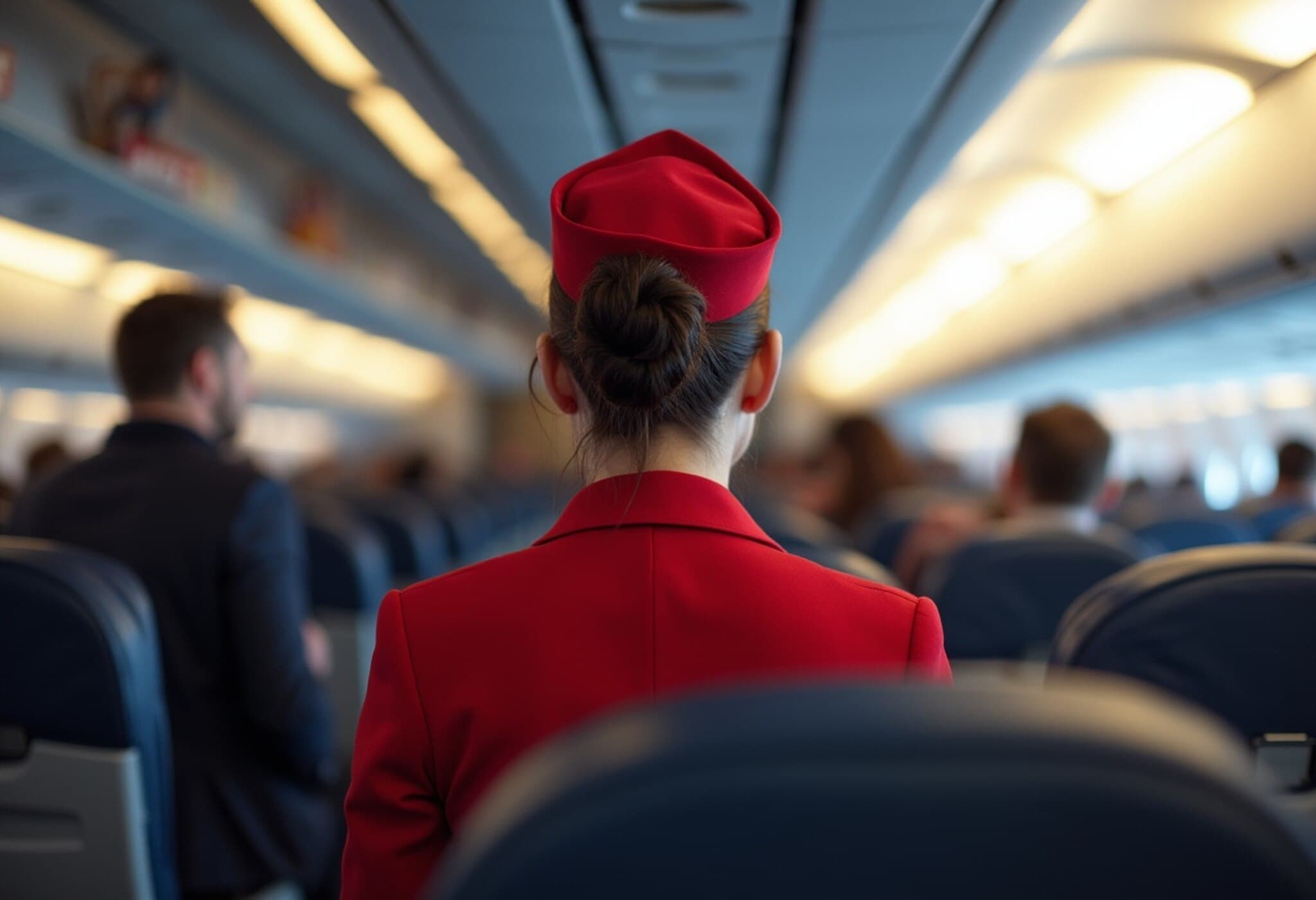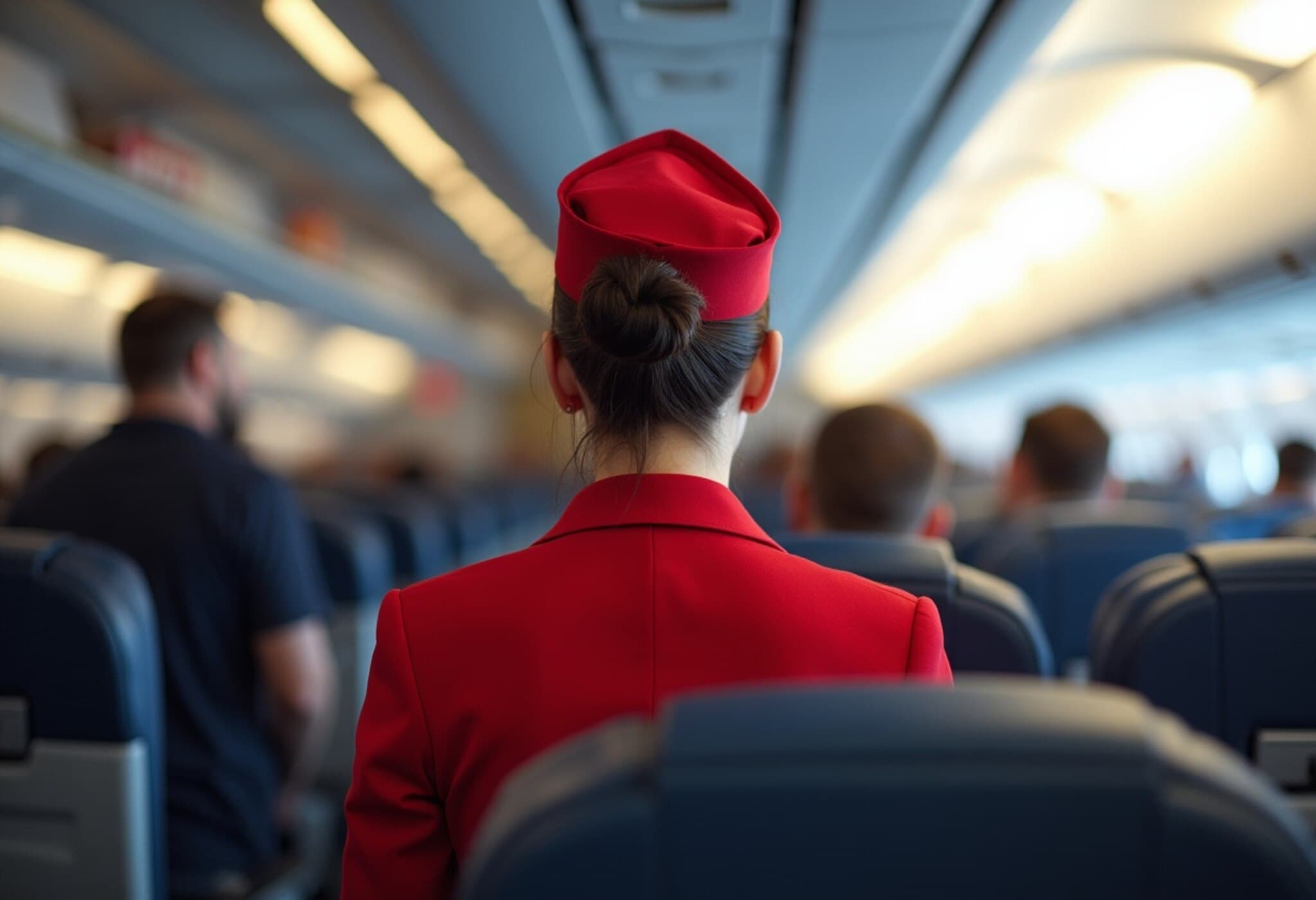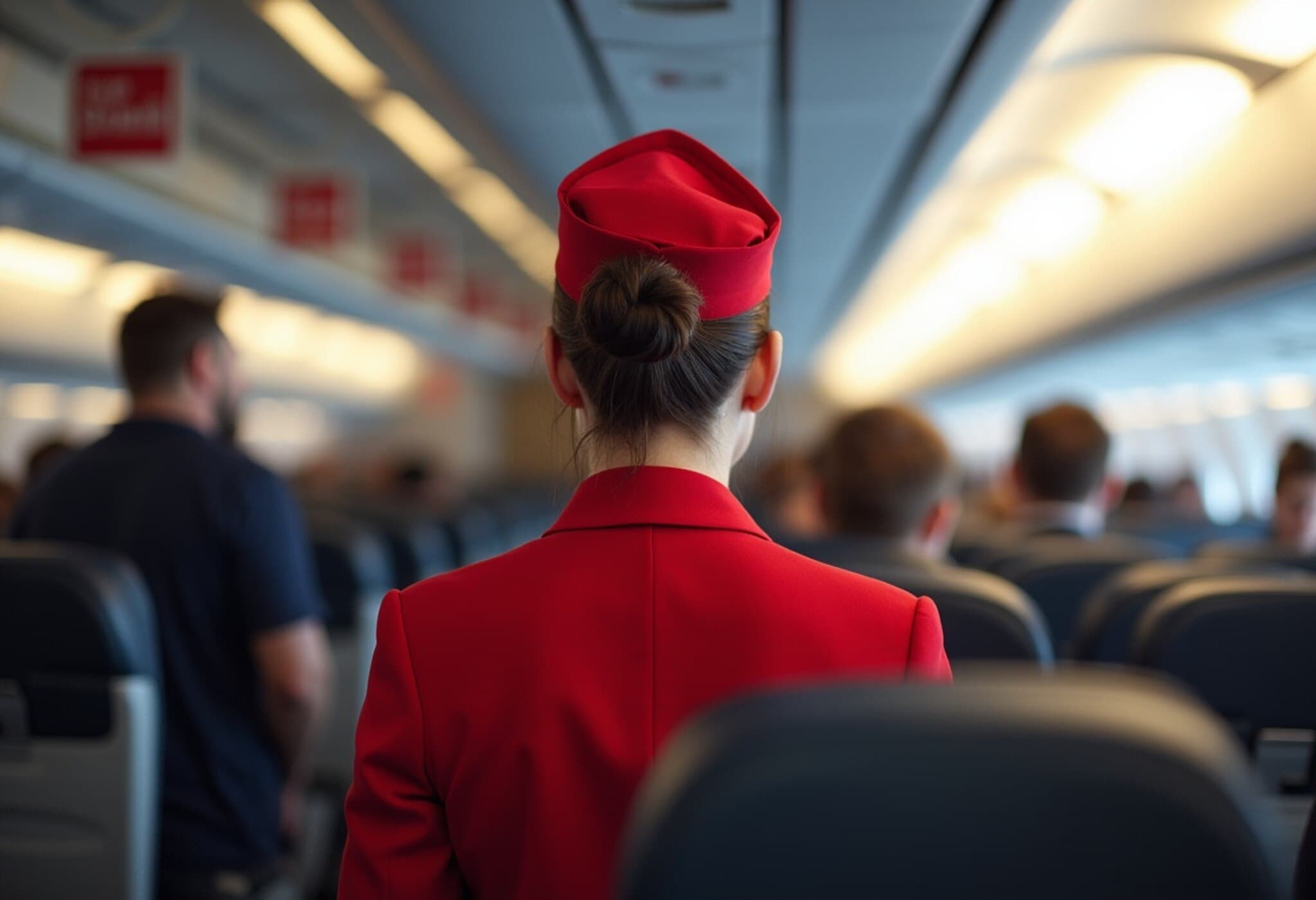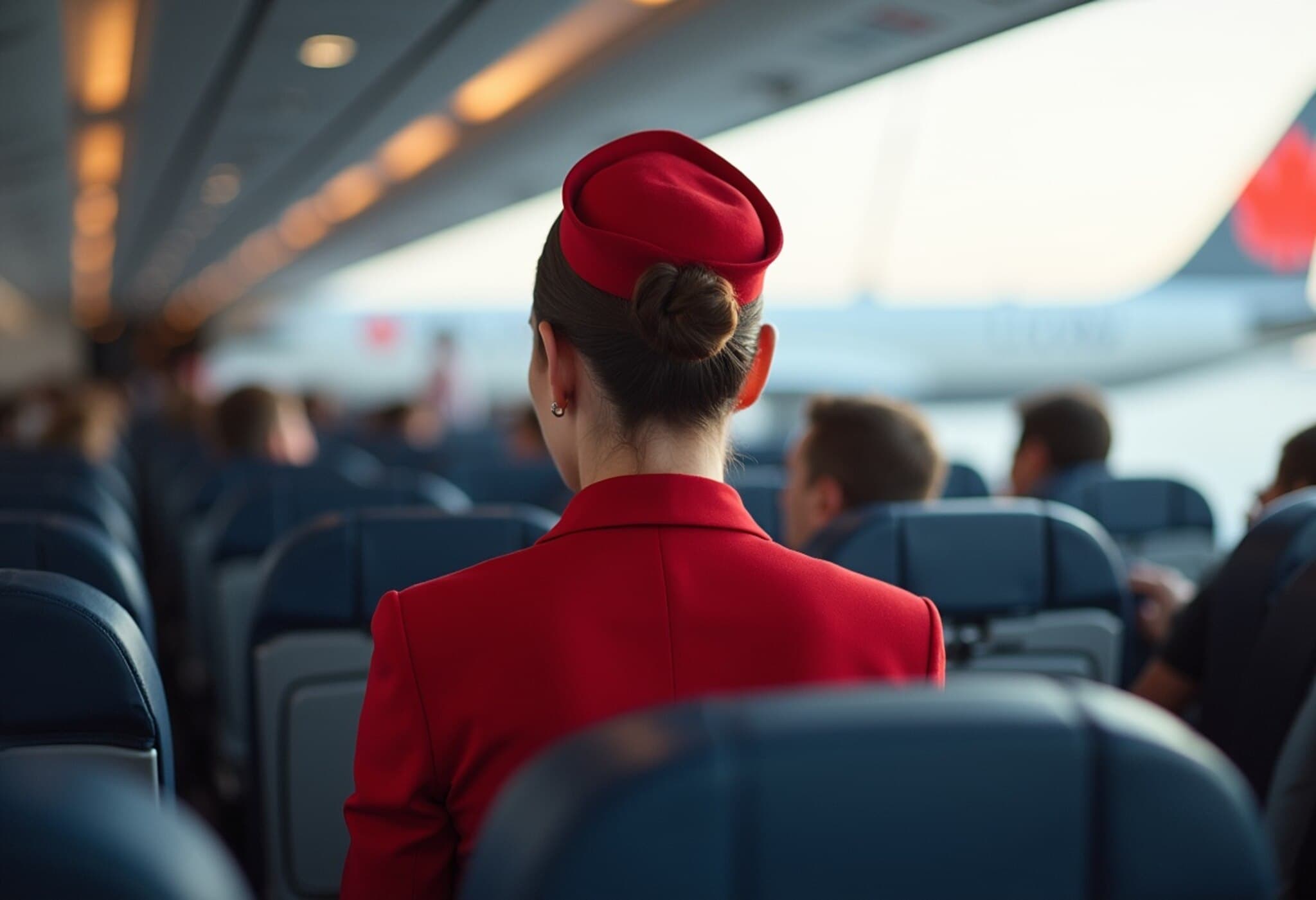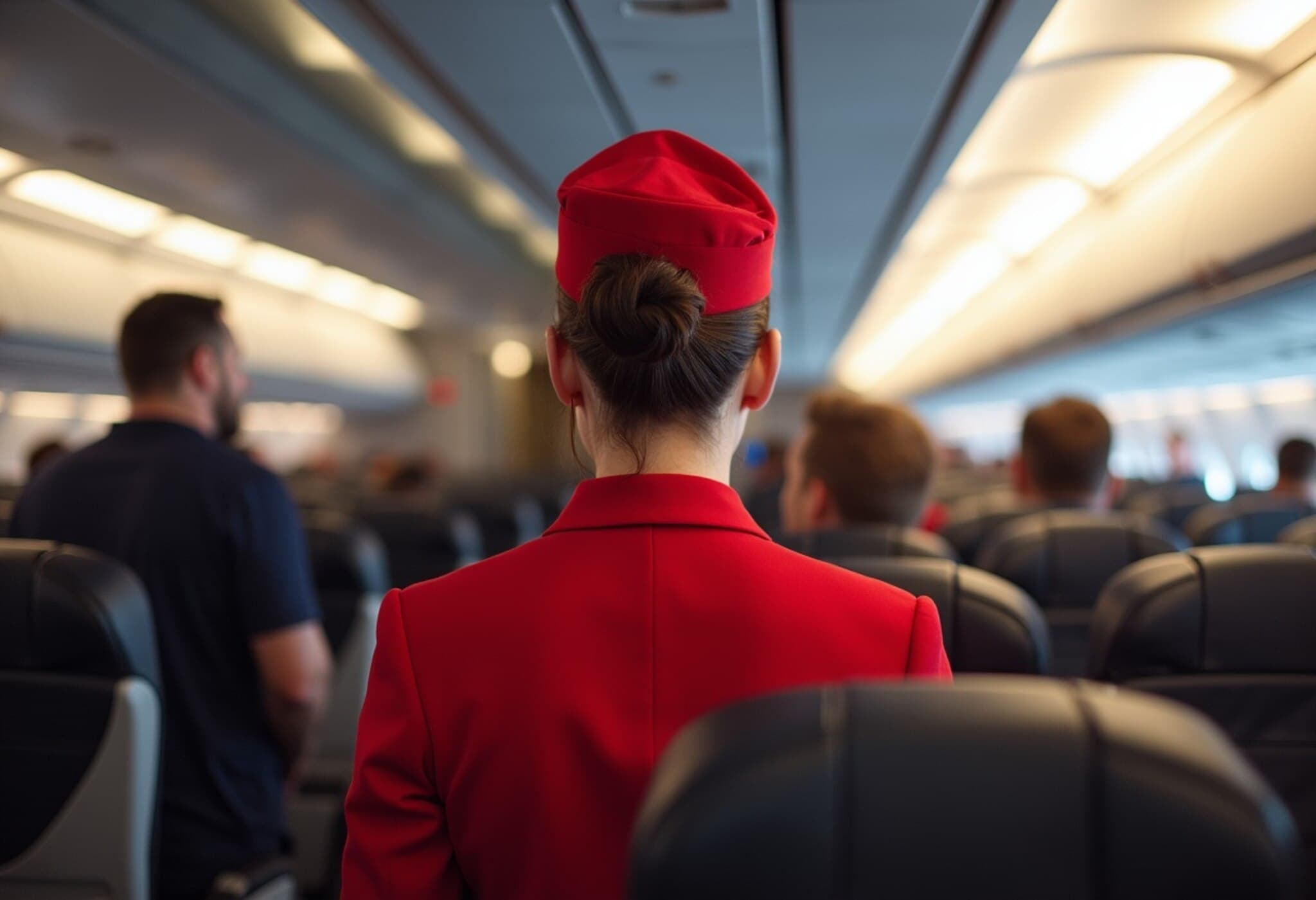Air Canada and Union Reach Tentative Deal to End Major Flight Attendants’ Strike
After nearly four days grounded by one of the largest labor actions in recent Canadian aviation history, Air Canada’s flight attendants have called off their strike following a tentative agreement reached late Monday. The walkout, involving approximately 10,000 attendants, had threatened to seriously disrupt the travel plans of hundreds of thousands across Canada and abroad.
Strike Background: Unpaid Ground Work and Pay Disputes
The strike began shortly after midnight on Saturday as flight attendants protested the airline’s refusal to increase pay and compensate for unpaid work performed on the ground, such as during boarding and pre-flight preparations. Traditionally, airline cabin crew members are only compensated for time spent in the air, but union leaders have long argued that this practice undervalues the total workload.
The Canadian Union of Public Employees (CUPE), representing the flight attendants, fiercely opposed two back-to-work orders issued by the Canada Industrial Relations Board (CIRB), underscoring the union’s resolve to secure what it described as “transformational change” in working conditions. CUPE’s robust public campaign shined a spotlight on the issue of uncompensated ground work—an underreported industry challenge that affects crew morale and earning potential worldwide.
Negotiations and Agreement Details
The breakthrough came following renewed bargaining facilitated by a federal mediator on Monday evening. CUPE announced that the strike had ended and that members would soon be asked to ratify the new contract, which, according to the union, includes a critical concession: ending the practice of unpaid ground work for flight attendants. Although the specific terms remain confidential pending ratification, the deal is being hailed by union leaders as a landmark victory for cabin crew workers in Canada.
For its part, Air Canada confirmed it will begin a gradual ramp-up of flights starting Tuesday evening. President Michael Rousseau cautioned passengers that “returning to full operational capacity may take seven to 10 days” due to logistical complexity caused by planes and crews being out of position during the strike.
Impact on Passengers and Broader Implications
- Flight Disruptions: The strike led to cancellation or delay of thousands of flights, affecting an estimated 500,000 passengers nationwide.
- Federal Intervention: In response to escalating disruptions, Federal Labour Minister Patty Hajdu invoked special legal powers to halt the strike and push both parties toward binding arbitration.
- Industry-Wide Repercussions: The resolution may set a precedent for compensation structures across Canada and possibly ripple through the global aviation sector, where unpaid ground work is common.
Christophe Hennebelle, Air Canada’s VP of Communications, warned travelers to prepare for ongoing disruptions over the next several days as flights gradually return to normal. "Our planes and crews are not currently where they need to be," he explained, highlighting the complexities involved in re-aligning airline operations post-strike.
Looking Ahead: Ratification and Industry Questions
The final hurdle remains the ratification vote by union members, which CUPE has yet to schedule. Observers will be watching closely to gauge how the agreement is received on the ground. Beyond the immediate win, this labor dispute raises broader questions about fair labor practices in the aviation industry, the valuation of all aspects of work performed by cabin crews, and how airlines balance operational costs with employee well-being.
For travelers, employees, and industry analysts alike, this episode illuminates the continuing tensions between labor rights and corporate logistics in a sector still recovering from pandemic upheavals and facing rising operational pressures.
Editor’s Note
The Air Canada flight attendants’ strike and its resolution shine a spotlight on a critical yet often overlooked aspect of aviation labor—the unpaid ground work that forms a substantial part of cabin crew duties. The deal's tentative inclusion of compensation for such work could reshape employment standards within the airline industry, signaling a shift toward more comprehensive recognition of frontline labor. As the ratification vote approaches, questions remain about the sustainability of these gains and their potential to inspire similar demands globally. This story underscores the enduring importance of labor advocacy in sectors where operational efficiency often conflicts with worker rights.

